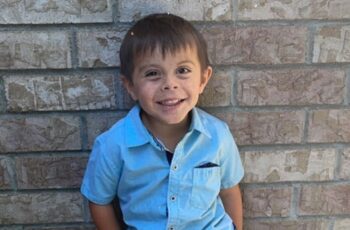Neuroblastoma
What is neuroblastoma?
Neuroblastoma is a very rare type of cancer of the sympathetic nerve system, the network of cells that carries messages from the brain to the rest of the body.
Nerve cells called neuroblasts become dysfunctional and turn into cancer cells instead, producing a tumor. Neuroblastoma tumors develop in the adrenal glands (located on top of the kidneys) but can develop or spread to other areas including the chest, spine or spinal cord regions, and the abdomen.
What causes neuroblastoma? Who is affected?
Neuroblastoma develops from cells in the fetus called neuroblasts. As the fetus matures and after birth, neuroblasts develop normally but sometimes they become cancerous.
Neuroblastoma can be inherited.
Neuroblastoma almost always affects children and accounts for 7-10% of childhood cancers.
Each year, 800 children are diagnosed with neuroblastoma in the U.S.
Most children are diagnosed before age 5, occurring slightly more in boys than girls.
Neuroblastoma accounts for 50% of all cancers in infants.
What are the symptoms of neuroblastoma?
Symptoms of neuroblastoma may include a hard, painless mass in the neck, stomach pain, fatigue, irritability, decreased appetite, and weakness.
How is a neuroblastoma treated?
Surgery is used to remove the tumor if it has not spread to other parts of the body. If the tumor spreads to the spinal cord, chemotherapy is used right away to prevent paralysis from surgery. The patient will begin chemotherapy and radiation therapy to kill cancer cells or stop them from growing.
Children diagnosed with neuroblastoma are considered high-risk when the tumor cannot be surgically removed and has spread to lymph nodes or other parts of the body. For high-risk patients, higher-dosed chemotherapy and immune therapy combined with stem cell transplant may be used.






